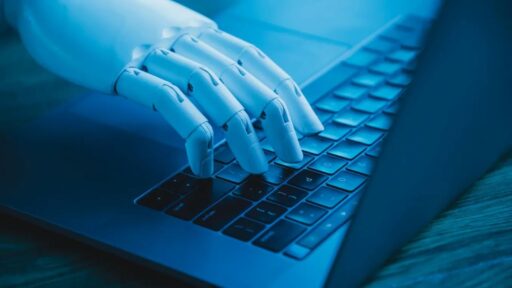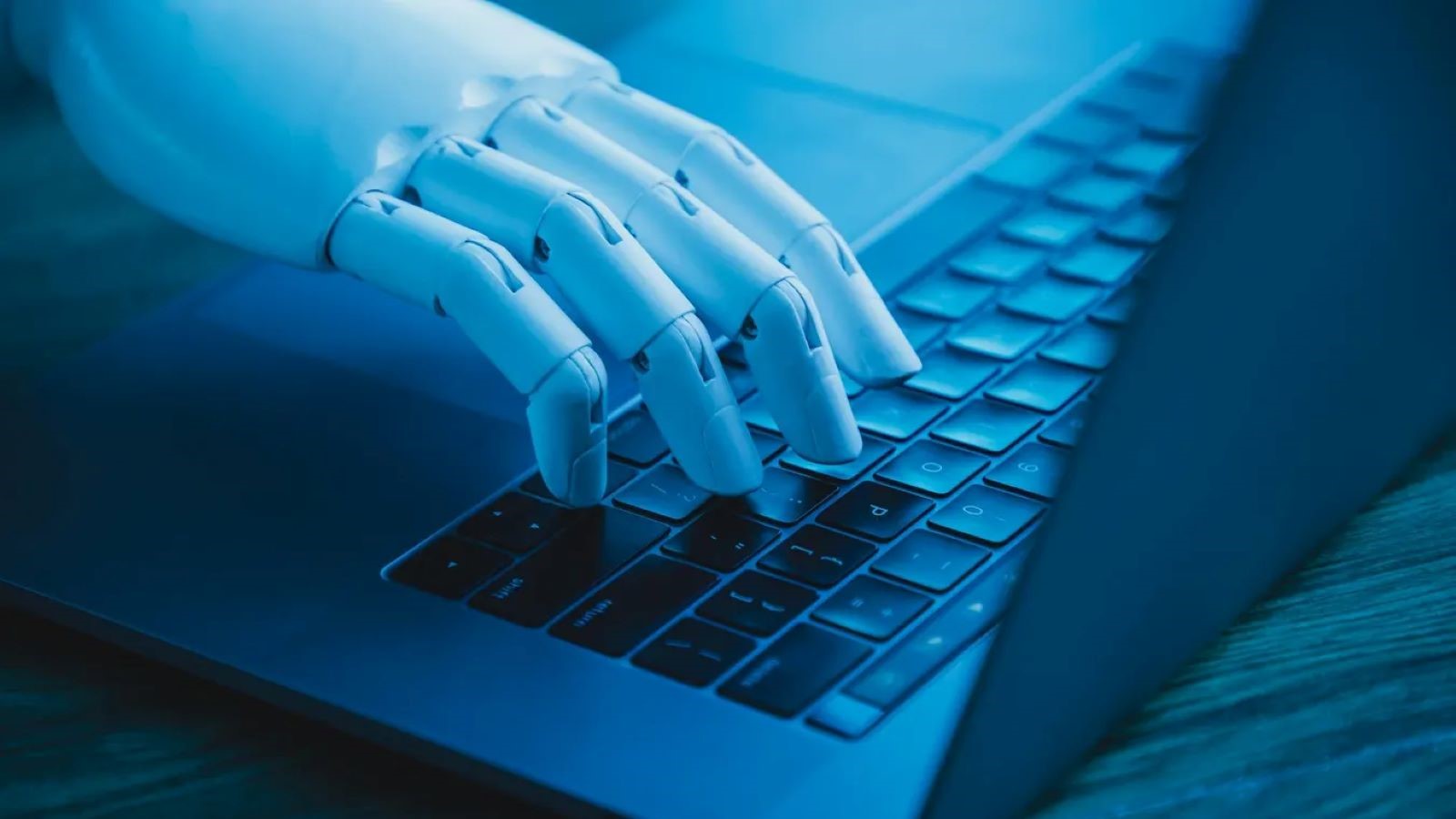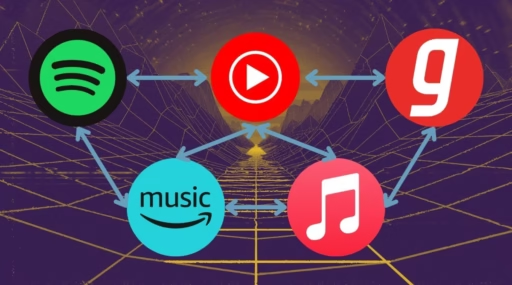Artificial intelligence (AI) is no longer just a buzzword in recruitment. It has quietly become a central tool, especially when it comes to initial screenings. Today, many companies rely on platforms such as HireVue, Sapia.ai, and iMocha to conduct interviews and then score applicants based on preset criteria.
Key Takeaways
- AI interviews are automated. They use preset questions and evaluate responses by analyzing speech, tone, keywords, and in some cases, body language.
- The main reason employers use AI is to handle large volumes of candidates quickly and in a consistent way.
- Preparing for these interviews means setting up your environment properly, practicing your answers, and knowing what the AI is programmed to look for.
- Using the right keywords from the job description and giving structured answers makes you far more likely to succeed.
The idea behind this shift is efficiency. Employers can now review thousands of applications consistently, without the human fatigue that usually comes with it. Some people feel these interviews lack a personal touch, and that’s a fair point. But the reality is they are here to stay. A 2024 study found that 88% of organizations worldwide have already integrated some form of AI into their hiring process. For job seekers, that means learning how to perform well in front of an AI system is now a crucial skill.
How AI Interviews Work
AI interviews are sometimes called one-way or asynchronous interviews. Instead of speaking with a recruiter live, you record answers to a set of questions within a time limit. Once submitted, the AI system reviews your video and audio.
What the system looks for can vary. Most often it includes:
- Speech analysis: Clarity, pacing, and tone of voice.
- Keyword matching: Whether you use terms and skills that match the job description.
- Facial expressions and body language: Some systems attempt to gauge confidence and engagement from your expressions and gestures.
All of this helps recruiters quickly narrow down a shortlist of candidates. The technology doesn’t replace humans completely, but it does remove the most time-consuming part of early screening.
10 Tips to Ace Your AI-Led Interview
- Understand the technology: Beforehand, find out which platform is being used. A quick online search of HireVue, Talview, or others can give you an idea of how it works and what it measures.
- Practice on a mock interview tool: Try free tools such as Google’s Interview Warmup. Record yourself, then review your responses to check clarity and pacing.
- Optimize your environment: Choose a quiet, well-lit space with a plain background. Avoid clutter and try to light your face from the front, not from behind.
- Test your tech: Confirm that your internet connection, webcam, and microphone are working properly. A small glitch can throw you off and disrupt your performance.
- Dress professionally: Treat it like a traditional interview. Wearing formal or business casual attire not only looks professional but also helps you feel more prepared.
- Use keywords from the job description: AI tools are programmed to pick up on specific phrases. If the job mentions “problem solving” or “team collaboration,” find natural ways to include them in your answers.
- Structure your answers: Using the STAR method (Situation, Task, Action, Result) helps keep your answers focused and organized. It also makes them easier for the system to interpret.
- Speak clearly and naturally: Avoid rushing, but don’t drag either. Cut down on filler words like “um” and “uh.” Aim for a conversational, steady tone.
- Maintain eye contact with the camera: Look into the webcam instead of the screen. It may feel strange at first, but it creates the impression of direct eye contact.
- Manage your time: Most AI interviews limit how long you can respond. Practice answering within the time frame so you don’t risk getting cut off.
Frequently Asked Questions
Q1: Do AI interviews replace human recruiters?
A1: No, AI interviews are generally used as a screening tool. They help recruiters narrow down a large pool of candidates. Human recruiters still conduct the final rounds of interviews to evaluate soft skills and cultural fit.
Q2: Can I get rejected by an AI interview?
A2: Yes. The AI system scores your responses and will only pass along candidates who meet a certain threshold. If your answers do not align with the criteria the AI is looking for, you may not move forward.
Q3: Is it okay to use notes during an AI interview?
A3: It is generally acceptable to have notes or a copy of your resume in front of you. However, you should not be reading from them directly. Use them as a reference to help you stay on track.






